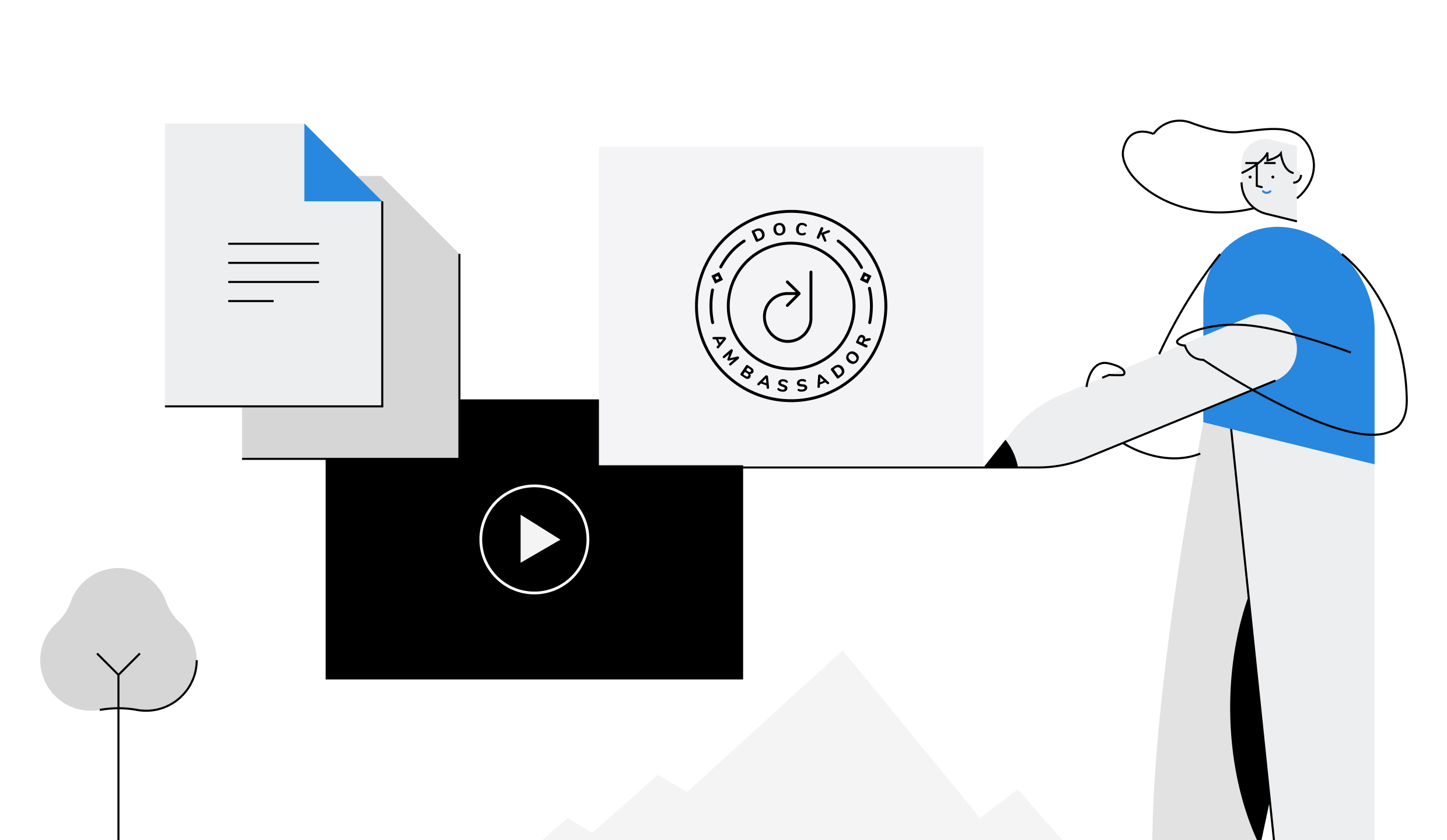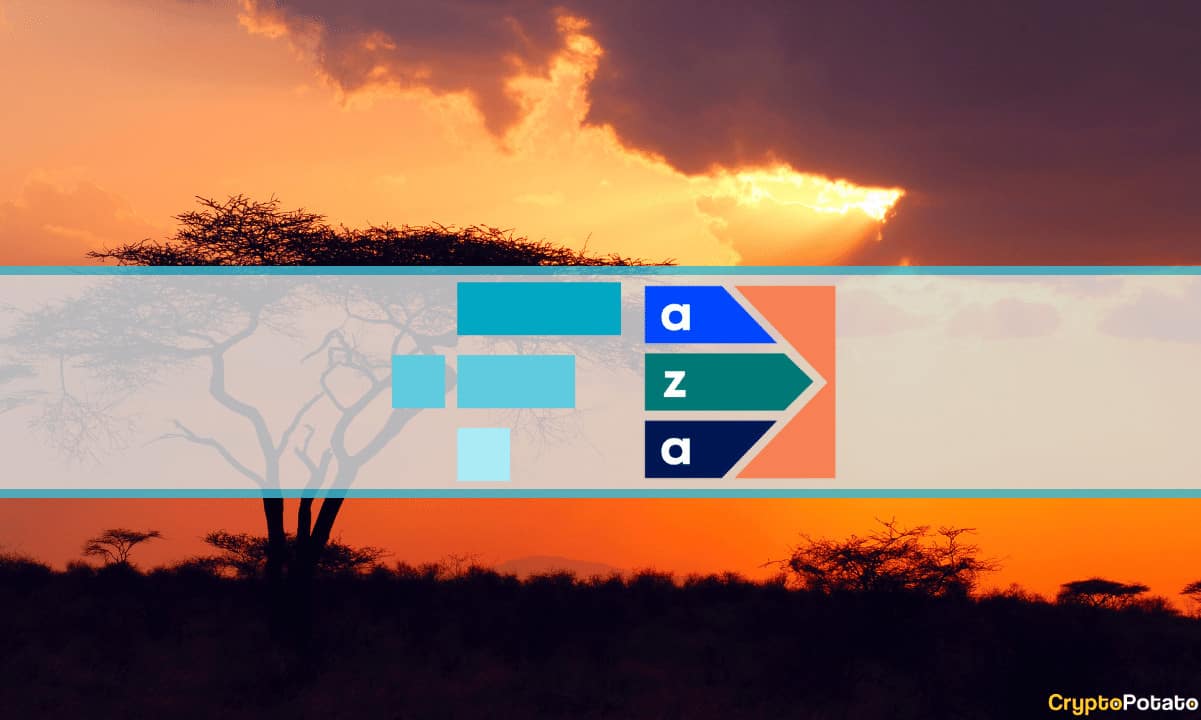The size of total tokenized real estate, including real estate and natural resources, could reach $16.1 trillion by 2030, according to Boston Consulting Group (BCG).
In a newly released report from ADDX, a digital exchange for BCG and private markets, authors including BCG Managing Director Sumit Kumar and ADDX co-founder Darius Liu noted that “a large proportion of the world’s wealth today is locked up in illiquid assets. “
According to the report, illiquid assets include pre-IPO stocks, real estate, private loans, revenue from small and medium businesses, physical art, exotic beverages, private funds, wholesale bonds and many more.
The reasons for this asset’s liquidity are largely attributed to factors such as limited affordability for investors, lack of wealth manager expertise, limited access – such as when the property is elite (in the case of fine art and vintage cars), limited by regulatory constraints. and other scenarios in which users have difficulty acquiring or trading assets.
According to the report, on-chain asset tokens could solve this problem, a market that grew to exceed $2.3 billion in 2021 and is expected to reach $5.6 billion by 2026.
The authors noted that in just the last two years, global digital asset daily trading volume has grown from EUR 30 billion in 2020 to EUR 150 billion in 2022, noting that this “still compares to the total capacity of illiquid tokenable assets.” There is very little in the world.”
By 2030, the authors estimate that the opportunity for on-chain asset tokenization will reach $16.1 trillion – largely comprised of financial assets (such as insurance policies, pensions and alternative investments), home equities, and other tokenable assets, such as Infrastructure is made up of projects. car fleet, and patents.
The authors also noted that this was an “overly conservative forecast” and that in a best-case scenario, the global illiquid asset tokenization could reach $68 trillion.
However, due to different regulatory frameworks and the size of the asset class, the capacity for tokenized assets will vary from country to country.
In Singapore, the Monetary Authority recently launched Project Guardian, a blockchain-based asset tokenization pilot that aims to provide decentralized finance (DFI) in wholesale funding markets by establishing a liquidity pool of tokenized bonds and deposits to execute lending and lending processes. Will detect applications- chained.
In addition to Singapore, token issuance is regulated in Hong Kong, Japan, the European Union, the United Kingdom, the United States, the United Arab Emirates, Germany, Austria, and Switzerland.
Other authors in the report include BCG project leader Rajaram Suresh, associate director Bernhard Kronfelner and advisor to BCG Aditya Kaul, who notes:
“On-chain asset tokenization presents an opportunity to overcome these constraints on asset liquidity as well as existing methods of traditional divestment.”
Real estate may be among the illiquid assets that could benefit from tokenization, with investors looking to invest in DeFi backed by real-world assets.
Cointelegraph Research Terminal revealed that real estate assets are above 40% of the pipeline for some technology providers, making it one of the primary areas for security token offerings.
Earlier this month, digital asset investment platform Zerocap announced that companies on the Australian Securities Exchange (ASX) may be able to trade tokenized bonds, equities, funds or carbon credits after a successful proof-of-concept trial .

















